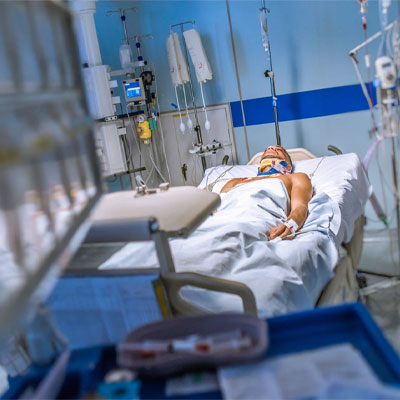Critical Care
Critical care is a specialized field within healthcare that focuses on the management and treatment of patients with life-threatening illnesses or injuries. It encompasses a range of medical interventions and technologies designed to stabilize and support individuals facing severe health crises. The primary goal of critical care is to provide immediate and intensive medical attention to patients whose conditions require constant monitoring and intervention.
Critical care is an indispensable component of modern healthcare, providing specialized, time-sensitive interventions to those facing life-threatening conditions. The ongoing advancements in medical technology and the collaborative efforts of multidisciplinary teams continue to enhance the capabilities of critical care units, contributing to improved patient outcomes and overall healthcare efficacy.

Key Components of Critical Care:
- Patient Monitoring:
- In critical care, continuous monitoring is essential to assess vital signs such as heart rate, blood pressure, respiratory rate, and oxygen saturation. Advanced monitoring devices help healthcare professionals track changes in a patient’s condition in real-time.
- Multidisciplinary Approach:
- Critical care often involves a multidisciplinary team of healthcare professionals, including intensivists, nurses, respiratory therapists, pharmacists, and nutritionists. This collaborative approach ensures comprehensive and specialized care tailored to the unique needs of each patient.
- Advanced Life Support:
- Critical care units are equipped with advanced life support systems, including ventilators, cardiac monitors, and defibrillators. These technologies assist in maintaining vital functions and responding promptly to any deterioration in a patient’s condition.
- Treatment of Complex Conditions:
- Patients in critical care may suffer from conditions such as severe respiratory distress, organ failure, or trauma. Interventions can include mechanical ventilation, hemodynamic support, and administration of medications to stabilize and improve organ function.
- Postoperative Care:
- Critical care is often crucial in the postoperative period, especially for patients undergoing complex surgeries. The close monitoring provided in these units helps identify and manage potential complications, ensuring a smoother recovery process.
